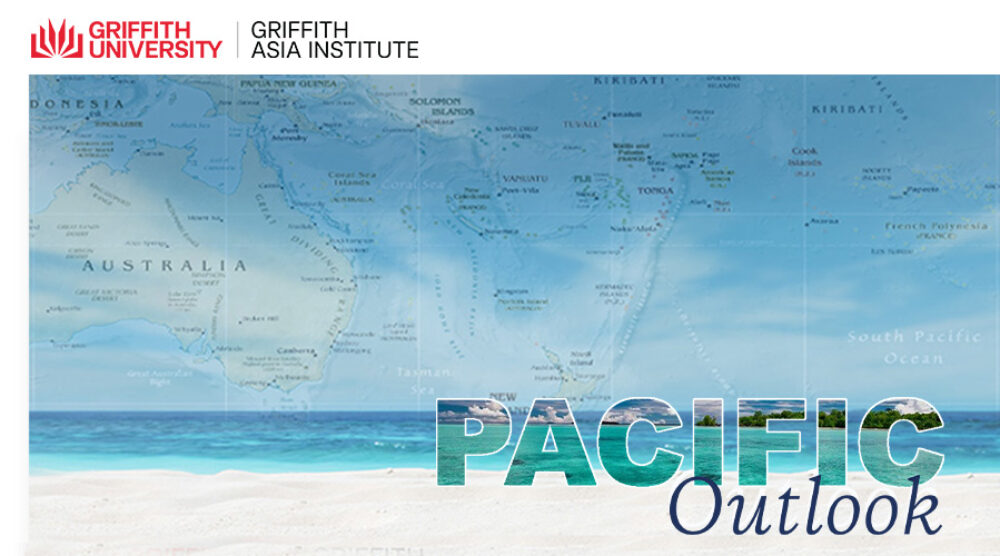2nd summit of Pacific island leaders convened by US President
Twelve months after the inaugural meeting between President Joe Biden and leaders of Pacific island countries, there will be a second meeting in Washington DC this week.
This is seen as another diplomatic ‘win’ for the US as it continues to try and play catch up with China when it comes to engagement in the Pacific islands region. However, the shine is starting to wear off as Pacific rhetoric begins to harden around the need for tangible impacts and not just more rhetoric and announcements.
Two leaders will be noticeable by their absence. One is Sato Kilman, Prime Minister of Vanuatu, who is remaining in Port Vila to deal with yet more political instability. The other is Manasseh Sogavare, Prime Minister of Solomon Islands, who returned to Honiara pleading pressures of parliamentary business.
Vanuatu politics still very unsettled
In Vanuatu, the political situation remains very unstable. The new government headed by Sato Kilman is already facing a potential motion of no confidence, with the Opposition having convened a camp on Pele island, offshore from Efate, where the capital is located.
On Monday tensions were heightened when Bruno Leingkone MP was served with a notice that his seat had been vacated by the Speaker. This leaves each side nominally with 25 MPs each. Parliament was adjourned and the government side is expected to challenge the Speaker’s decision to vacate Leingkone’s seat in the Supreme Court.
By the close of Monday there were reports that the Opposition had indeed called for Parliament to convene on Monday of next week to debate a motion of no confidence in Kilman.
Of particular concern was a report that the media had been removed from the Parliamentary precinct during Monday’s very brief session.
Other Pacific News
The Foreign Ministers of the Pacific Islands Forum met recently. Whilst a statement regarding the discharge of treated wastewater from Fukushima has been issued, the outcomes statement from the meeting has yet to appear.
During Climate Week at the United Nations, Niue has launched an innovative scheme designed to generate US$18 million in funding to support marine protection and conservation, including to protect against unregulated and illegal fishing.
The decision by Papua New Guinea to open an embassy in Jerusalem, Israel has caused some controversy at home and raised eyebrows in other countries across the world. It has led to a closer examination of the drivers of foreign policy in PNG.
The President of Nauru, Russ Kun, has made his inaugural address to the United Nations General Assembly. He used his speech to call for several things, including for the International Seabed Authority to finalise rules to allow deep sea mining to begin.
The University of the South Pacific has signed a Memorandum of Understanding with the Innovative Research Universities (IRU) group of Australia. The agreement is intended to be a platform for increased research cooperation and student mobility.
Tess Newton Cain is a Senior Research Fellow at the Griffith Asia Institute and project lead for the Griffith Pacific Hub.








